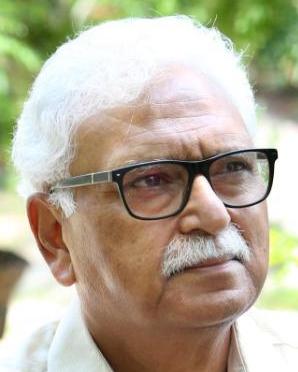
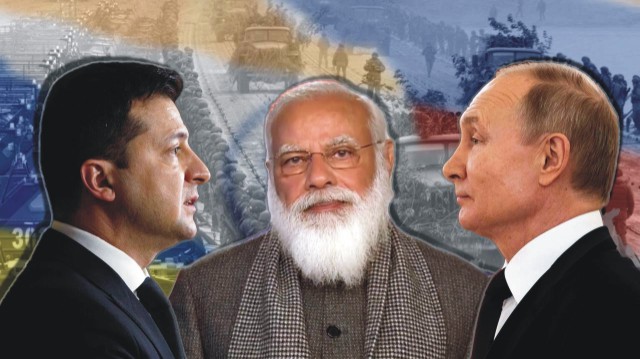
Although the Russian attack on Ukraine is happening thousands of kilometres away from India, the ripple effect of the attack would be felt not only on the country as a whole but would also impact every citizen in one way or the other.
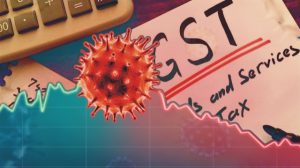 With the Indian economy suffering setbacks in the recent past starting from the ill-advised demonetisation and poor roll out of the GST and then the prolonged Covid pandemic, it was expected that the economy would get back on the rails. The latest official figures show that the actual growth of GDP was not as good as expected.
With the Indian economy suffering setbacks in the recent past starting from the ill-advised demonetisation and poor roll out of the GST and then the prolonged Covid pandemic, it was expected that the economy would get back on the rails. The latest official figures show that the actual growth of GDP was not as good as expected.
While there is hope of a steady growth in the long run of various sectors which contribute to the economy, what would surely get impacted with the ongoing attack on Ukraine and the reaction by the western countries, is the spike in inflation.
India imports over 80 per cent of its petroleum products and the likely sharp increase in its global prices is expected to touch all aspects of life.
Global food prices have already risen high as the Russia-Ukraine conflict threatens to disrupt the supply of wheat and corn. The two countries account for 29 per cent of global wheat exports and 19 per cent of corn exports.
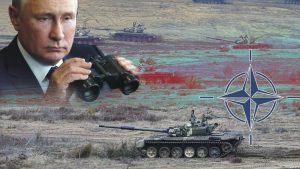
They also contribute 80 per cent of the world’s sunflower oil exports. The impact in the form of higher inflation, weaker current account and fiscal balances, and a squeeze on economic growth will be felt mostly through commodities, especially food and fuel.
The international price of crude oil has already crossed 115 dollars per barrel and is likely to go further up. Although the prices of petroleum products have not been increased over the last few weeks, these are expected to sharply go up after the end of polling in Uttar Pradesh. The increase in its price is bound to shoot up cost of transportation which in turn would impact the prices of all essential commodities.
Experts believe that the price of crude oil is likely to come down after the Ukraine crisis gets over but it is generally seen that the increased prices of other commodities don’t come down.
According to an expert report, every ten per cent rise in crude oil price will lead to a loss of 0.2 percentage points of GDP in India. This, in turn, would contribute to inflation.
In addition to the steep hike expected in petroleum prices, the Ukraine crisis would have major adverse impact on other imports. For instance over 75 per cent of Sunflower oil requirements of the country was being imported from Ukraine. International trade is also likely to get affected with the western countries putting restrictions on financial transactions with Russia.
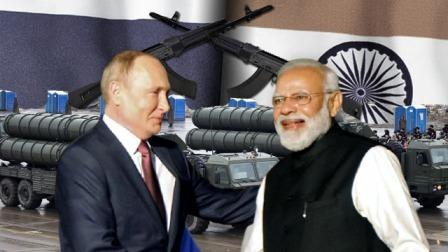
As per the data released by the National Statistical Office (NSO) earlier this week, the growth in GDP during 2021-22 is estimated at 8.9 per cent as compared to the projected 9.2 per cent growth for the current year.
The data shows that the economic recovery had slowed down even before the Ukraine crisis. The war would further dampen the prospects of growth.
Given our high dependence on Russia for oil as well as defence equipment including fighter aircrafts, armoured vehicles and assault rifles, it has become difficult for India to take a strong stand against Russia’s attack on Ukraine.
The Ukraine crisis has once again underlined the need for India to become atmanirbhar and see to it that its dependence on other countries is minimised. The likely increase in inflation with the rising unemployment is bad news for the country. ![]()
_____________
Also Read:
Centre’s Opaque Auction Rules For Pulses Rip Off Govt Coffers, Help Millers Strike Rich
Need to amend laws like UAPA to provide for punishment for those who slap false cases
Global Arms Trade: Who are the real winners?
Why not 40 pc tickets for women in Punjab and elsewhere?
Punjab – How a deadly cocktail of Agri-Water-Energy nexus going to destroy it?

Disclaimer : PunjabTodayTV.com and other platforms of the Punjab Today group strive to include views and opinions from across the entire spectrum, but by no means do we agree with everything we publish. Our efforts and editorial choices consistently underscore our authors’ right to the freedom of speech. However, it should be clear to all readers that individual authors are responsible for the information, ideas or opinions in their articles, and very often, these do not reflect the views of PunjabTodayTV.com or other platforms of the group. Punjab Today does not assume any responsibility or liability for the views of authors whose work appears here.
Punjab Today believes in serious, engaging, narrative journalism at a time when mainstream media houses seem to have given up on long-form writing and news television has blurred or altogether erased the lines between news and slapstick entertainment. We at Punjab Today believe that readers such as yourself appreciate cerebral journalism, and would like you to hold us against the best international industry standards. Brickbats are welcome even more than bouquets, though an occasional pat on the back is always encouraging. Good journalism can be a lifeline in these uncertain times worldwide. You can support us in myriad ways. To begin with, by spreading word about us and forwarding this reportage. Stay engaged.
— Team PT


Copyright © Punjab Today TV : All right Reserve 2016 - 2024 |